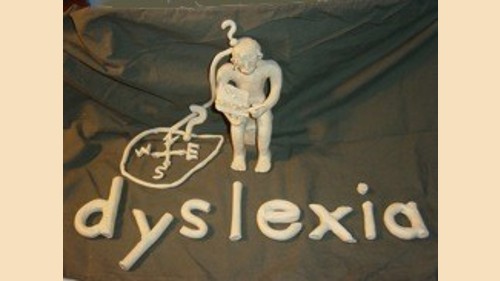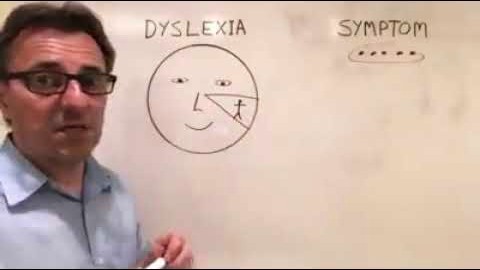The Dyslexia Quandary
A comment on the current proposed DSM 5 criteria:
New visitors usually discover our web site via a search for “signs of dyslexia” or “test for dyslexia.” Our incoming email comes from teenagers and adults who want to know if their academic or workplace problems can be explained by dyslexia. Parents express frustration with the process of seeking diagnosis and support for their children.
The term dyslexia was coined in 1887 by a German ophthalmologist, Rudolph Berlin. But there exists no standard for diagnosis. The DSM IV defined “Reading Disorder” broadly as “Reading achievement,… substantially below that expected given the person’s chronological age, measured intelligence, and age-appropriate education.” (DSM IV – 315.00)
An early draft of the forthcoming DSM V filled this gap with a simple definition. The term “Dyslexia” was added to be “consistent with international use”. (A 13 Proposed Revision Rationale). The condition was described broadly as “Difficulties in accuracy or fluency of reading that are not consistent with the person’s chronological age, educational opportunities, or intellectual abilities.”
However, the APA has now retreated from this position, eliminating the term dyslexia from their recommendation entirely: “Learning Disorder has been changed to Specific Learning Disorder, and the previous types of Learning Disorders (Dyslexia, Dyscalculia, and Disorder of Written Expression) are no longer being recommended.” (See Neurodevelopmental Disorders.)
The text of the newly defined Specific Learning Disorder will exclude thousands from consideration or diagnosis, by interposing a diagnostic requirement: that “current skill level” be “well-below the average range.”
This means that higher functioning dyslexics will never have the benefit of a diagnosis. As happened with my own son, they will be deemed to be “lazy” despite the hours they put in to attain barely-average functional skill levels.
Those whose skill level is sufficiently depressed to qualify will lose their diagnosis at the moment any form of intervention is successful. It won’t matter how hard they struggle to get there; the moment their reading scores begin to approach “average” their diagnosis will evaporate. It is likely that whatever support or accommodations have enabled their improved skills will also be withdrawn as well.
This is a political determination, not a scientific one — very much at odds with a growing body of brain research showing that dyslexia is neurologically-based.
The APA will allow comments on the new proposal until June 15, 2012. Anybody can register at the APA web site at www.dsm5.org and post. If you are not happy with the proposal, I urge you to take the time in the next few days to do so.
If you are dyslexic or have any sort of visual impairment, a note of caution: you will probably need help to pass the CAPTCHA image text. The letters are squiggly, the colors mushy. The test appears to be case-sensitive, but letter size is variable. No alternative is provided other than to reload and hope for a better image.
(I flunked the first time around, but fortunately was able to correctly guess all letter in the second test I was offered. I don’t know how many attempts you will be allowed.)
I posted a comment this morning — I will share that in the comment section on this blog. If you comment, I invite you to the same: make a copy of your comment, and cross-post it here so that others can see it.
(If you can’t pass the APA’s letter-recognition text, post here anyway and let us know what problems you faced. You’ll note that we don’t make our posters pass tests. Your first posted comment to this blog will be moderated, but it will be read by a human being, and all legitimate posts from human beings will be cleared and displayed in a timely manner. You do not have to register to post, but if unregistered you will need to supply an email address. Your email address will not be published or shared.)
The APA seems to have either removed the text of proposed revisions to the DSM V from its website, or restricted access. Either way, the internal links to the dsm5.org won’t work; you will simply be confronted with an APA log-in screen when you click those links. I have left the link in this blog post active, in case the APA restores access int the future.












Here’s the comment I posted to the APA web site early this morning:
Some much can be gained by helping dyslexics excel. Look at all the dyslexic geniuses. Where would we be if Einstein did not get help from his uncle?
Cuanto tiempo permanece en estado para revision , antes de ser aprobada la propuesta ?
This blog post was made in 2012 about a change in the diagostic manual that was published in May, 2013.
Este blog se hizo en 2012 un cambio en el manual diagostic que fue publicado en mayo de 2013.